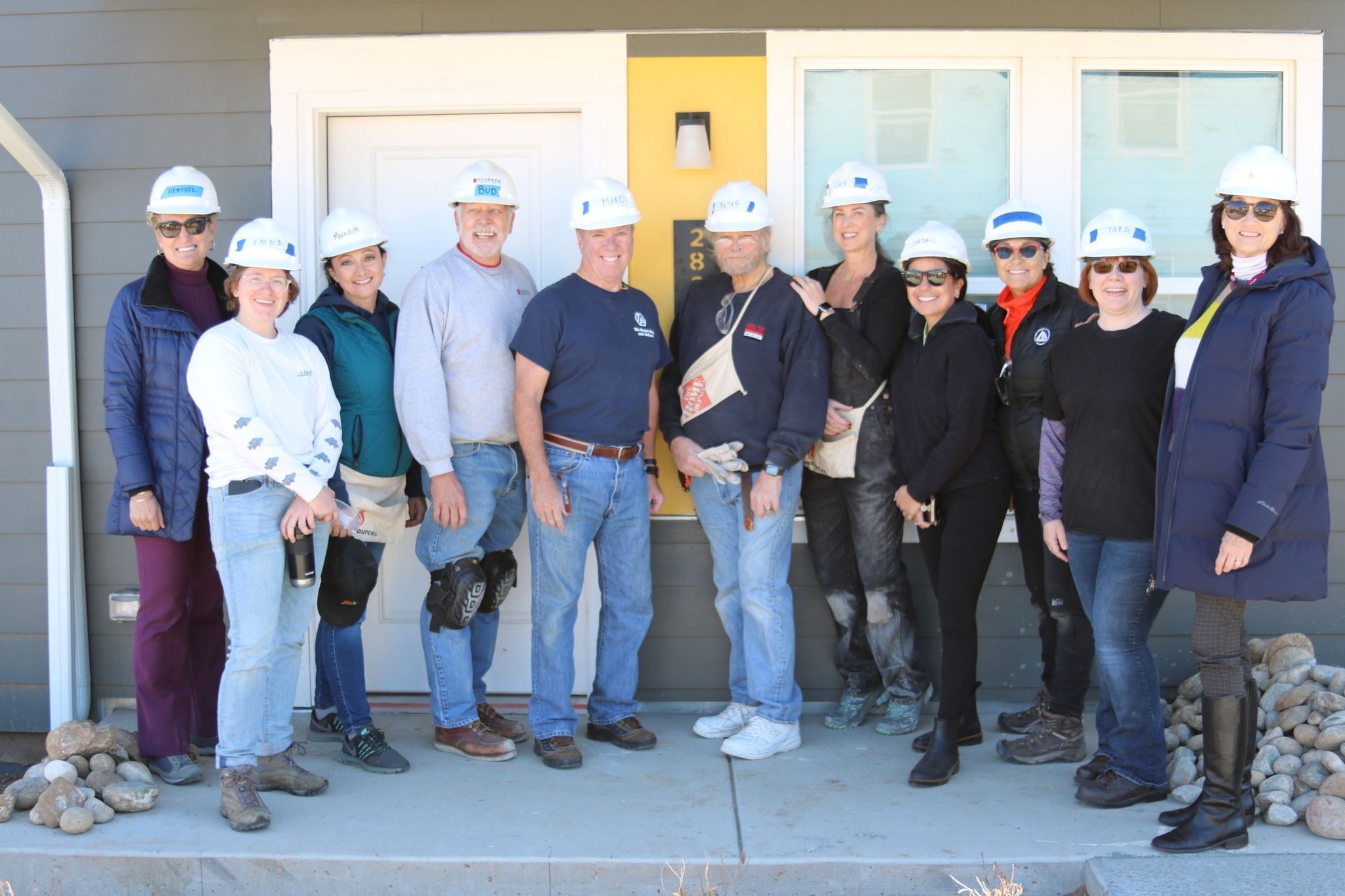Stay tuned for future collaborative initiatives!
Questions or Requests for Partnership: Please contact info@civicresults.org
Civic Results has hosted several initiatives over the past 30 years. Our initiatives are focused on government, non-profit, and businesses to improve the quality of life for residents of Colorado.
Current Projects


